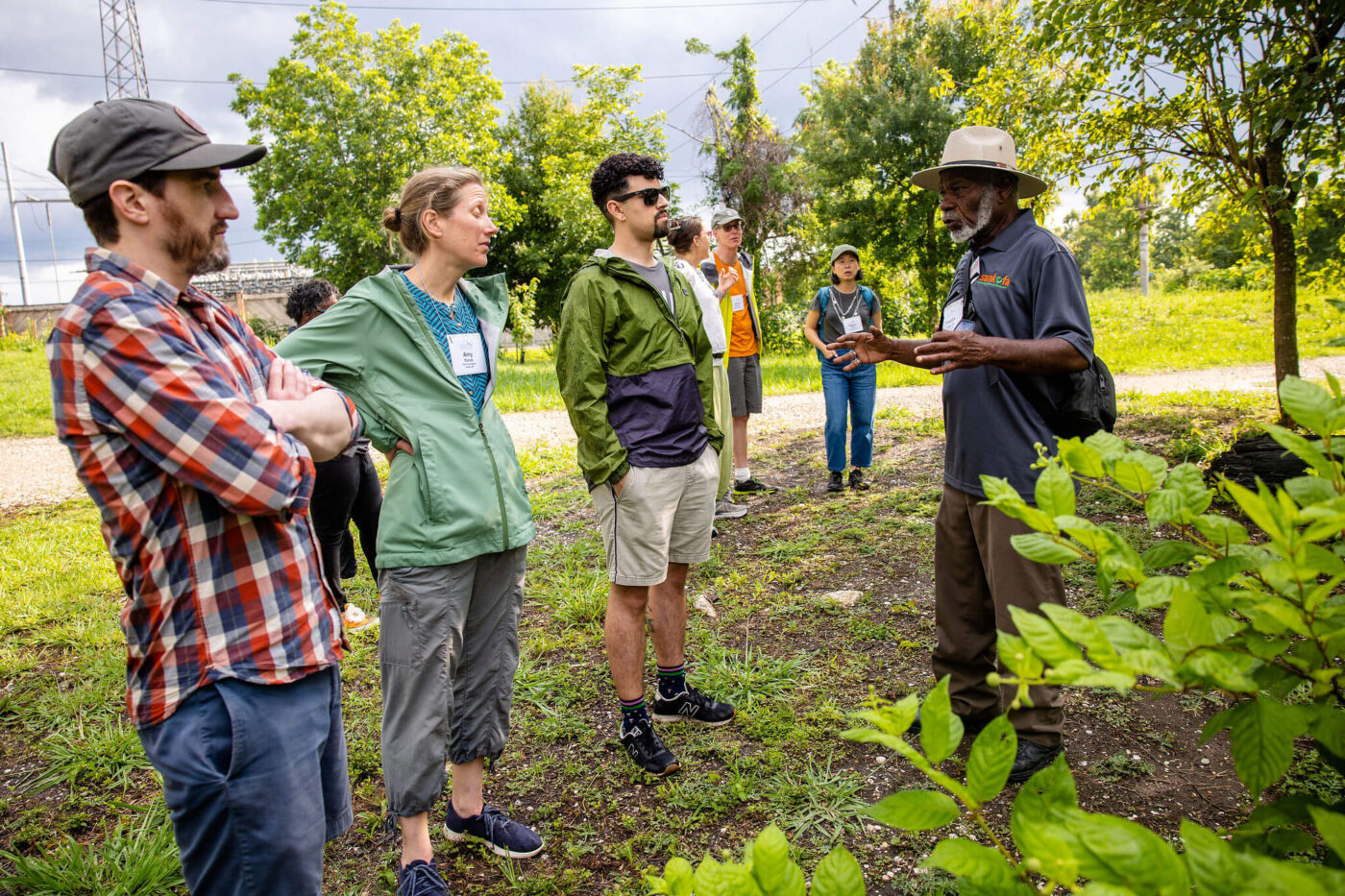How can family foundations and donors stop perpetuating inequities within the communities and causes they serve? By centering community leadership, wisdom, and voices in grantmaking. This approach to giving is known as participatory philanthropy.
As two practitioners of participatory philanthropy who have worked with a wide range of foundations, we know that some private philanthropies, including institutional and family foundations, have actively begun to explore and take on meaningful participation. We are excited by the possibilities that this direction can unlock.
We are also, however, acutely aware of the glacial pace at which this change is happening in the sector, and we generally observe those holding the largest purse strings also holding on most tightly to their power. It is our belief that the more dollars a foundation holds, the more community oversight and control there should be. Yet this is almost never the case.
For example, a 2021 study by the University of Washington of large philanthropic foundations found that 88 percent of them believe involving their stakeholders makes for more effective grantmaking. Yet in the same study, only 10 percent reported allowing grantees or community members most affected by the foundation’s funding to decide how to allocate grant funds.
Link: nonprofitquarterly.org/practicing-participatory-philanthropy-five-key-findings/

